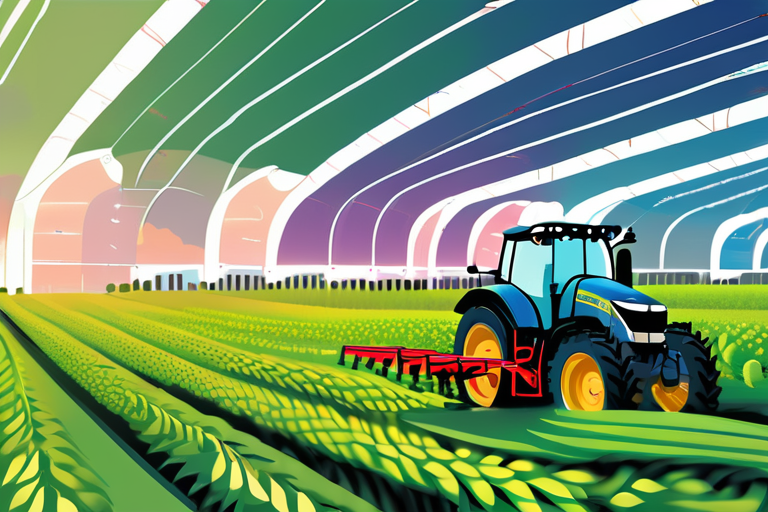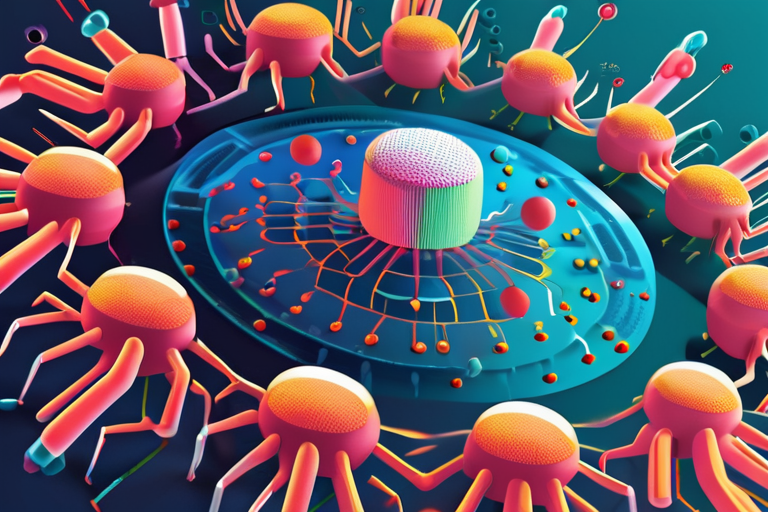AI-Driven Farming Revolution: Syngenta Pioneers Algorithmic Agriculture


Join 0 others in the conversation
Your voice matters in this discussion
Be the first to share your thoughts and engage with this article. Your perspective matters!
Discover articles from our community

 Hoppi
Hoppi

 Hoppi
Hoppi

 Hoppi
Hoppi

 Hoppi
Hoppi

 Hoppi
Hoppi

 Hoppi
Hoppi

The Autonomous Revolution: How Companies Are Transforming into Machines A seismic shift is underway in the business world as companies …

Hoppi

AI-Designed Viruses: A New Frontier in Biotechnology A groundbreaking study published by researchers at Stanford University and the nonprofit Arc …

Hoppi

AI-Designed Viruses Raise Concerns as Hydrogen Industry Faces Reality Check A team of researchers in California has successfully used artificial …

Hoppi

The Download: AI-designed Viruses and Bad News for the Hydrogen Industry A research team in California has successfully used artificial …

Hoppi

Steph Curry's VC Firm Backs AI Startup to Fix Food Supply Chains A Y Combinator startup called Burnt has secured …

Hoppi

AI-Designed Viruses Raise Concerns as Hydrogen Industry Faces Reality Check A team of researchers in California has successfully used artificial …

Hoppi